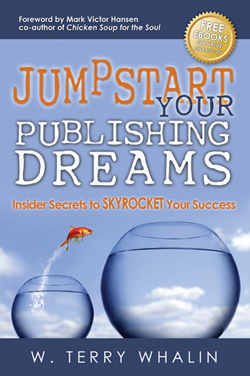What Are You Reading?
It’s a familiar routine. I’m on the way to another conference as I write these words on an airplane. Airports have always been a fascinating opportunity to see what people are reading. Or I observe if they are reading at all. A cross section of the population travels on a regular basis. Some people use the travel time to catch up on their sleep. Others use the time to talk with a seatmate and other people read.
The gentleman in the next seat is working his way through his second newspaper. He’s already breezed through the local Arizona Republic and now he’s studying the pages of USA Today. I’ve seen other people carry a novel to read while others are reading and marking up a nonfiction book. What is on your reading schedule and are you making consistent time in your day to read?
I’m on the way to the Indianapolis Christian Writers Conference where I will be meeting one on one with writers and also teaching a couple of workshops. I’m always interested to listen to a would-be author’s pitch then to ask a few questions. Often my questions will turn toward reading.
If you want to write romance, then you should be reading in the genre. If thrillers are your forte, then you should have some favorite thriller writers that you love their prose.
Recently I’ve discovered Daniel Silva. I’m not alone since his books regularly land on the bestseller list. This former journalist turned novelist has successfully turned out some riveting general market prose. In recent months, I’ve read eight of his nine books with the lead character of Gabriel Allon, who is a trained Israeli assassin who loves art and is an art restorer of paintings from The Masters. Yet I do not exclusively read fiction. I’m reading nonfiction—Christian and general market books. I read newspapers and magazines and of course I read the materials that I’m working on each day as a book publisher at Intermedia.
Reading plays a key role in my everyday life. This reading works into my perspective of the world, my knowledge about the world and my work with authors.
(Just to add to the confusion. I'm posting this after the conference but I wrote it on the way to the conference. My schedule was too intense to even get to a computer but now I'm getting it out to you.)























